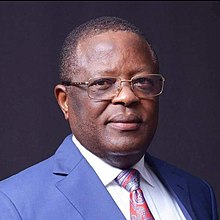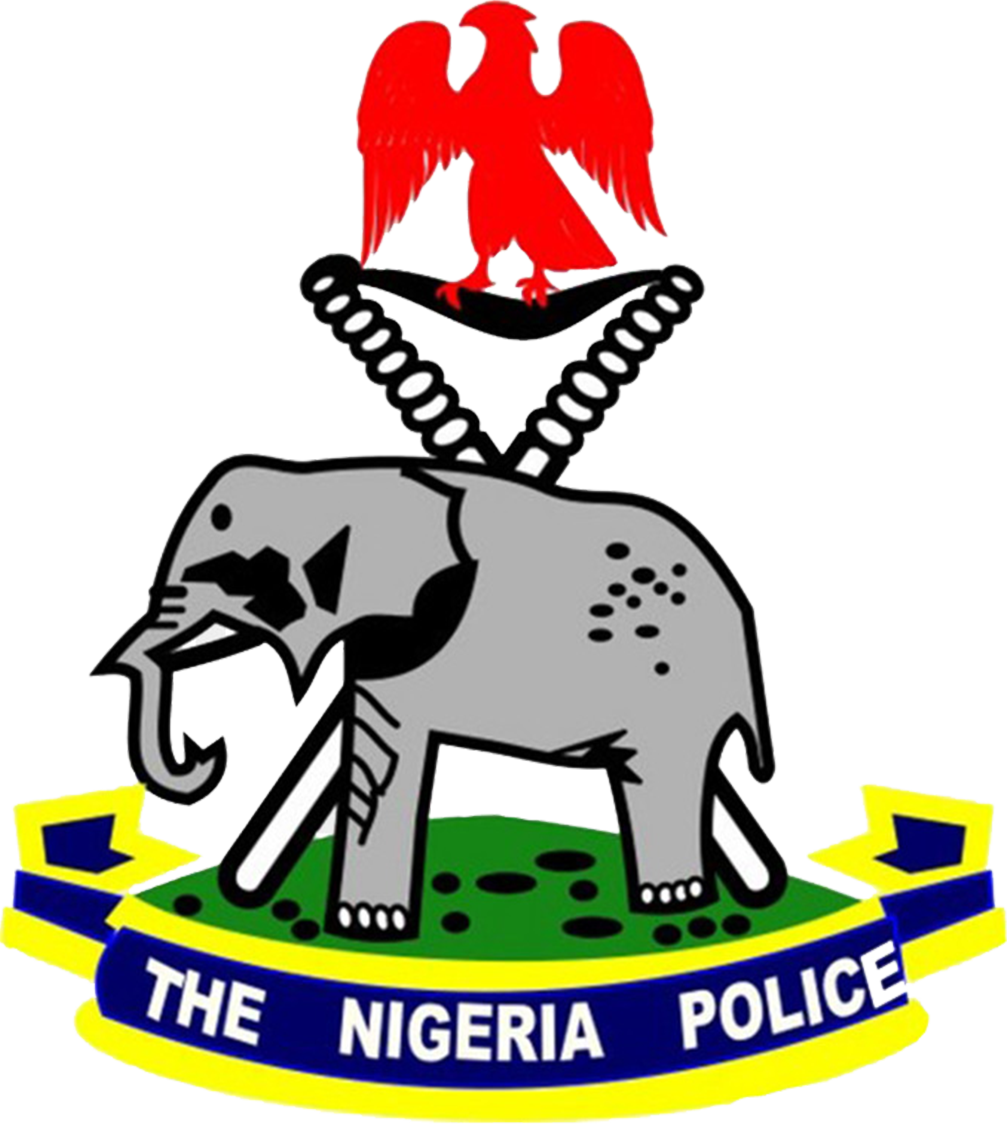Female politicians at a cross party conference in Ado Ekiti, convened to review the outcome of the 2019 General Elections, have proposed the floating of a women only political party to mitigate the growing gender imbalance in elective and appointive positions in the country
Particularly disturbed by what they perceived as the poor performance of women in securing elective positions which has taken a slide since 2007, the politicians who gathered under the Reclaim Naija platform of Community Life Project (CLP), are mulling the formation of a Nigerian Women Democratic Party (NWDP) that will not only give a broader representation to the womenfolk but press on with pro-women issues.
It’s been a lot of bile for women representation. Mr Francis Onahor, CLP’s programme officer who reeled out the not too chumming figures at the conference on “Increasing Women’s Representation in Ekiti and Osun States,” sponsored by Ford Foundation, says any country that does not integrate women in its development process will not make any significant gains.
Only 62 women amounting to 4.17 per cent, won election across the country out of 2,970 that contested in the 2019 election, according to the Independent National Electoral Commission (INEC). Women representation which got a boost between 1999 and 2007 has had a dip thereafter.
From a paltry 3 women senators in 1999, there was a rise to 4 and 9 in 2003 and 2007 respectively. But this declined in 2011, 2015 and 2019 as only 8, 7 and 8 women members got elected respectively. Perhaps, the replacement of one of the most cerebral women members in the upper house, Senator Binta Garba who represented Adamawa north constituency, by Senator Elisha Abbo, who got embroiled in the sex toy controversy, was a bitter pill too hard to swallow.
The statistics for the House of Representatives and State Houses of Assembly is equally dismal. While women membership of the House of Representatives rose from 13 in 1999 to 21 and 27 in 2003 and 2007, it witnessed a slide to 25, 22 and a mere 12 members in 2011, 2015 and 2019. The membership of the Houses of Assembly which rose from 24 in 1999 to 40 in 2003 and peaked with 57 and 68 members in 2007 and 2011, declined to 51 and 42 respectively in 2015 and 2019.
It’s also not been too heart warming for female representation in Osun and Ekiti states. From a zero representation in between 1999 and 2011, two women senators were elected in 2015. The state returned to its misfortune of zero women representation until fortune smiled on Mrs Biodun Olujimi who recently won her court battle to return to the Senate.
Osun has been plagued with misfortune of zero women representation in the Senate since 1999. In the House of Representatives, while Osun state has maintained its tradition of conceding one slot to women since 1999, women have only been lucky to bag one slot in Ekiti in 2003 and 2019. From zero representation at the Osun State House of Assembly in 2011 and 2015, women got 2 seats in 2019 while female representation at the House of Assembly in Ekiti has been oscillating between 4 and 2 from 2011 to 2019.
Mrs Folashade Akinrinmola, a People’s Democratic Party (PDP) adherent and former chairperson, Gboyin Local Government area of Ekiti state believes that a women party is the panacea for this poor results.
“Let’s register a Nigerian Women Democratic Party (NWDP) so that all women can be sponsored and supported. We need to create a political platform to support ourselves and advance the cause of women since the present parties have been very unfair to us,” she contends
“If we have our own party, both the management and rank and file members will be women. We’ll know that left, right and centre, we’ll be negotiating on behalf of women on the basis of strength. It will be very easy to assess our capacity. Our intervention will also be violent free since women do not support violence,” says, Akinrinmola, a former House of Assembly aspirant.
Her view is fully supported by Mrs Omotunde Fajuyi, who’s angling for chair of Ado Ekiti Local Government under the platform of the All Progressive Congress (APC) in the forthcoming December election.
“It will be a fantastic idea if we can form our own political party that will galvanize women to promote women candidates and issues. Such a party will be a platform for channelling women’s interest and our lot will be better served by it,” says Fajuyi, also a former secretary, Women in ALGON (Association of Local Government of Nigeria) between 1999 and 2004.
She however feels funding will be a major drawback for the formation of such a party. “Where are the resources to build such a party? Funding will be a big problem. Managing the finances could also pose a problem,” explains Fajuyi who has a large cross party following amongst women for her campaign, adduced to her caring nature and passion to strenuously pursue the cause of women.
Mrs Ojuolape Odetola, a budding aspirant for the House of Assembly on the platform of PDP in Olorunda Local Government of Osun state is of the opinion that “such a party will uplift women and make us speak with one voice. If we can muster the will to form such a party, women will be like a hurricane difficult to stop its advance.”
The former chairperson of the Nigerian Union of Journalists (NUJ), Osun State Council counsel that, “We need to count our cost. We need to reflect deeply on the sustainability of such a party in all areas before we venture into it.”
Mrs Cecilia Ebiesuwa, a PDP House of Assembly aspirant in Emure Constituency in Ekiti state argues that a woman party will definitely have an edge. “If we can see it through, the women will have an edge. We’ll be in a better stead to achieve our goals and advance women issues at all levels.”
But Ebiesuwa, who had a running battle over her aspiration, putting her at daggers drawn with the former Ekiti State Governor, Mr Ayodele Fayose, express fears that such a party imbued with immense capacity to change the fortune of women, will be resisted from coming on board.
“The godfathers frightened by our numerical strength will not allow such a party to see the light of the day because of its potency,” she says.
The women in their communiqué, say increasing thuggery, violence, vote buying and the militarisation of the election environment by security forces pose a disincentive for women to participate in the electoral process.
While urging successful women to mentor and support other women, they demanded more training and leadership opportunities and platforms for women. They also pushed for the passage of the Gender Equality Bill by the National Assembly, urging women to always endeavour to uplift themselves both in formal and informal education.
Mrs Funmilayo Olaseinde, who had her first electoral victory under the defunct United Nigeria Congress Party (UNCP) in Osun state, admonishes women to always be bold, confident and demonstrate a strong resolve. “When I was in the House of Assembly, I was the only woman in the 26 member House but I didn’t allow myself to be intimidated by anyone,” she recounts.
Contesting for the Osun State House of Assembly in the 2019 election under the platform of African Democratic Congress (ADC) was not a bed of roses for Mrs Folashade Arije. “I got support from leaders across parties but my biggest obstacle came from fellow women. As women, let’s learn to pull together and support ourselves”.
Her counsel elicits the support of Mrs Oluremi Ajayi, an APC foot soldier in Ise Orun local government and senior special assistant to Ekiti State First Lady, Mrs Bisi Adeleye-Fayemi. “Let’s learn to work with women and uplift ourselves,” she pleads.
To reverse the low women representation, Mrs Bola Olayiwola, a PDP women leader in Osun state wants women to ensure they connect and network with the people at the grassroots. “If we are not careful and come up with strategies to mobilise people at the grassroots, we may not achieve anything meaningful,” she says.
Fajuyi, who’s reaping bountifully from a women rainbow coalition for her contest of becoming Ado Ekiti LG chairperson, concurs: “We need to strategise on how to seize party positions at the ward level and build consensus around women candidates irrespective of party leaning. Let’s go back home and work,” she says.
The conference was attended by 121 women politicians from APC, PDP, ADC, Labour Party (LP) and the African Democratic Party (ADP) in Ekiti and Osun states.



